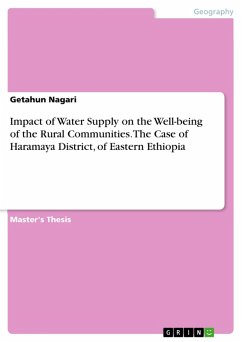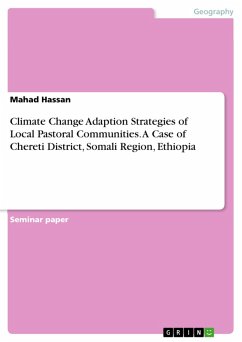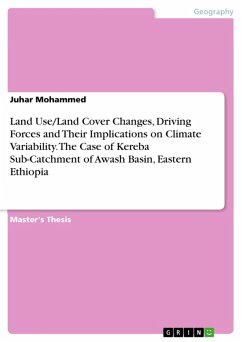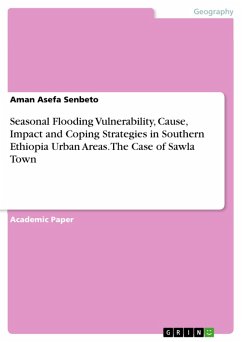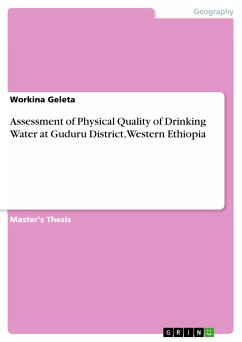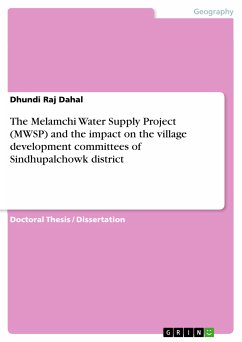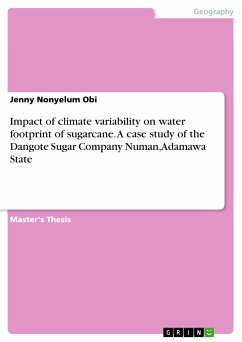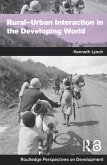Master's Thesis from the year 2013 in the subject Geography / Earth Science - Regional Geography, Haramaya University, language: English, abstract: This study identifies factors affecting access to potable water supply as well as measures the magnitude of the impact of rural water supply on the wellbeing of the user community using cross-sectional data collected from 200 farm households that were randomly selected from Haramaya District, east Hararghe Zone of Oromia National regional state. Data were analyzed using descriptive, inferential statistics, and propensity score matching (PSM) method. The results obtained from Logit model showed that access to potable water supply are significantly influenced by education, knowledge, quality of water, sustainability and distance of water point from homestead. Results of the PSM suggest that access to potable water supply significantly decreased households' expenditure on consumption and medical care by Birr 2497 per annum (55%). Overall, the study provides evidence that policy makers and development practitioners should focus on accessible rural water supply system and investing in alternative watering points such as deep/shallow wells, protected hand dug wells, protected spring on spot and with gravity and easily adoptable low technologies maintained by the community. Moreover, it is important to focus on improving households' knowledge about PWS, quality of water and basic water point services to improve households' potable water supply demand.
Dieser Download kann aus rechtlichen Gründen nur mit Rechnungsadresse in A, B, BG, CY, CZ, D, DK, EW, E, FIN, F, GR, HR, H, IRL, I, LT, L, LR, M, NL, PL, P, R, S, SLO, SK ausgeliefert werden.

